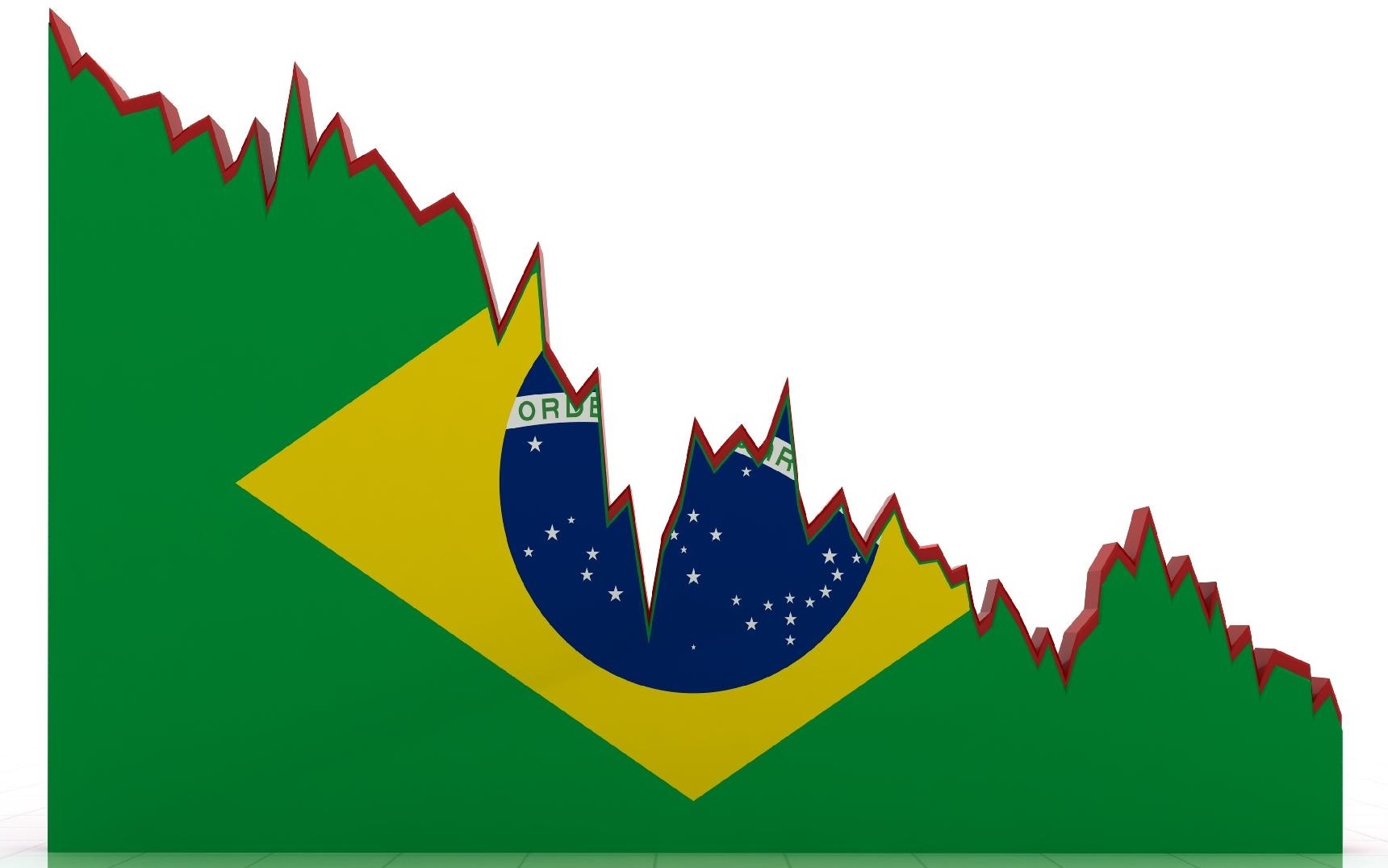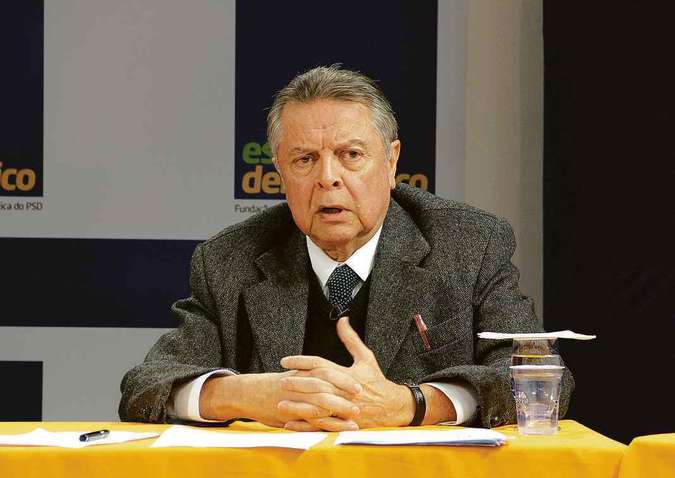RIO DE JANEIRO, BRAZIL – The Brazilian economy hit rock bottom and recorded the lowest growth rate since 1900 in the decade ending in 2019. Between 2010 and 2019, the Gross Domestic Product (GDP) grew at a rate of 1.39 percent per year.

The data is from a study by Roberto Macedo, an economist at the University of São Paulo, former secretary of economic policy who was president of the Institute of Applied Economic Research (IPEA). The survey considers each decade beginning in years ending in zero and going up to years ending in nine.
“The 2010 decade was the worst for GDP growth among the 12 analyzed,” Macedo says. The average annual performance for the period was less than half of that recorded in the previous decade, which began in 2000 (3.39 percent). Until then, the worst annual result had been 1.75 percent in the 1990s – a time marked by external crises and failed stabilization plans.
The fiscal crisis, according to Macedo, was the main factor that led the country into recession, which began in the second quarter of 2014 and ended in the fourth quarter of 2016. Since then, the recovery has been slow, with GDP advances no greater than one percent.
The feeble performance of the Brazilian economy after 2010 – well below the average GDP growth of 155 emerging and developing economies, which advanced 5.11 percent per year in the same period, according to the study – shows its most cruel face in the number of unemployed and underemployed individuals.
In the quarter ended in November this year the unemployment rate stood at 11.2 percent, representing 11.9 million individuals, according to the latest Continuous National Household Sample Survey (PNAD) by IBGE.

“The increase in the number of homeless people is an expected consequence, with the economic situation worsening and unemployment extremely high,” Macedo says. This is the case of Francisco Eduardo Lopes, 28, who came from Ceará and has lived on the streets of the capital for two years.
He studied until the 7th grade of elementary school, provided bricklaying and painting services, and earned R$2,000 (US$500) a month with his renovations. But since 2018, he has not been able to find work and ended up in a shelter. “There’s prejudice against people living in shelters and it’s difficult to re-establish oneself for not having a fixed address.”
Michel Lopes Kiill, 52, a former bank clerk who studied communications and did not finish school, faces a similar problem. Today, he owes R$38,000 to banks and financial institutions and lives in a center that welcomes homeless people.
“When you say you live in a shelter, it’s hard for anyone to give you a job”. In 2015, the city’s last census showed there were 15,900 people living on the street in Brazil.
Last Thursday, January 9th, Kiill and Lopes were two among some 50 homeless people at a community breakfast offered in the Parish of St. Michael the Archangel, in the São Paulo district of Mooca in the eastern zone.
Based on more than 30 years providing the first meal of the day to street dwellers, Father Júlio Lancellotti, vicar of the parish and of the street ministry of the Archdiocese of São Paulo, says that most of them are young and seeking work.
No social rise
“This stagnation has greatly harmed recent generations. I realized that there was much social rise in past generations, meaning that the social status of children outperformed that of their parents. Today, this has been reversed, as children find it difficult to retain their parents’ social status,” says Macedo.
For the coordinator of Applied Economics at Ibre/FGV, Armando Castelar, the resumption of investments in the country still relies on the development of “a favorable business environment, in which entrepreneurs have confidence in investing money in the country”.
“The greatest problem is legal insecurity, the very costly and uncertain tax structure. The infrastructure is also bad, from the point of view of the private investor,” he says.
Castelar’s colleague at Ibre/FGV, economist Samuel Pessôa says that after years marked by government interventionism, the country “is on the right path”. ”
Today, we are infinitely better off than in 2014. But the right path is painful. That’s why we are slow to gain speed in growth,” he says. “We’re tidying up the house without destroying the macroeconomics. That’s very healthy and gives it greater strength.”
Source: O Estado de S. Paulo

